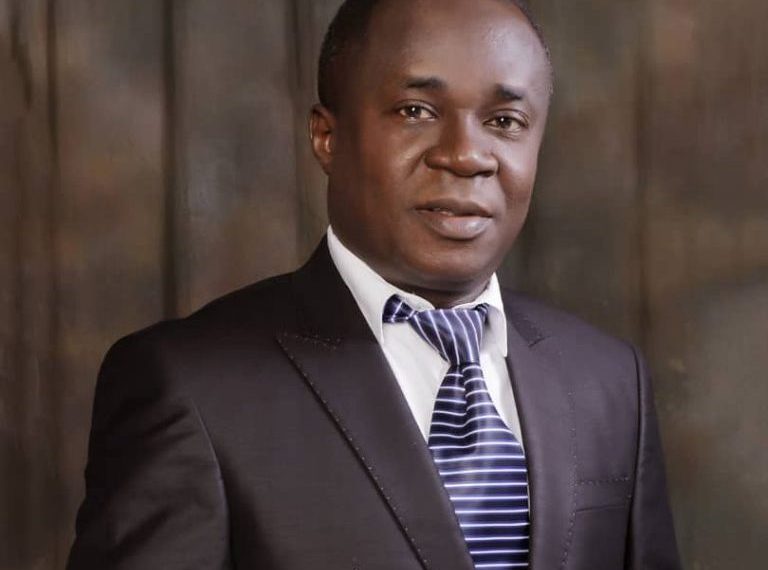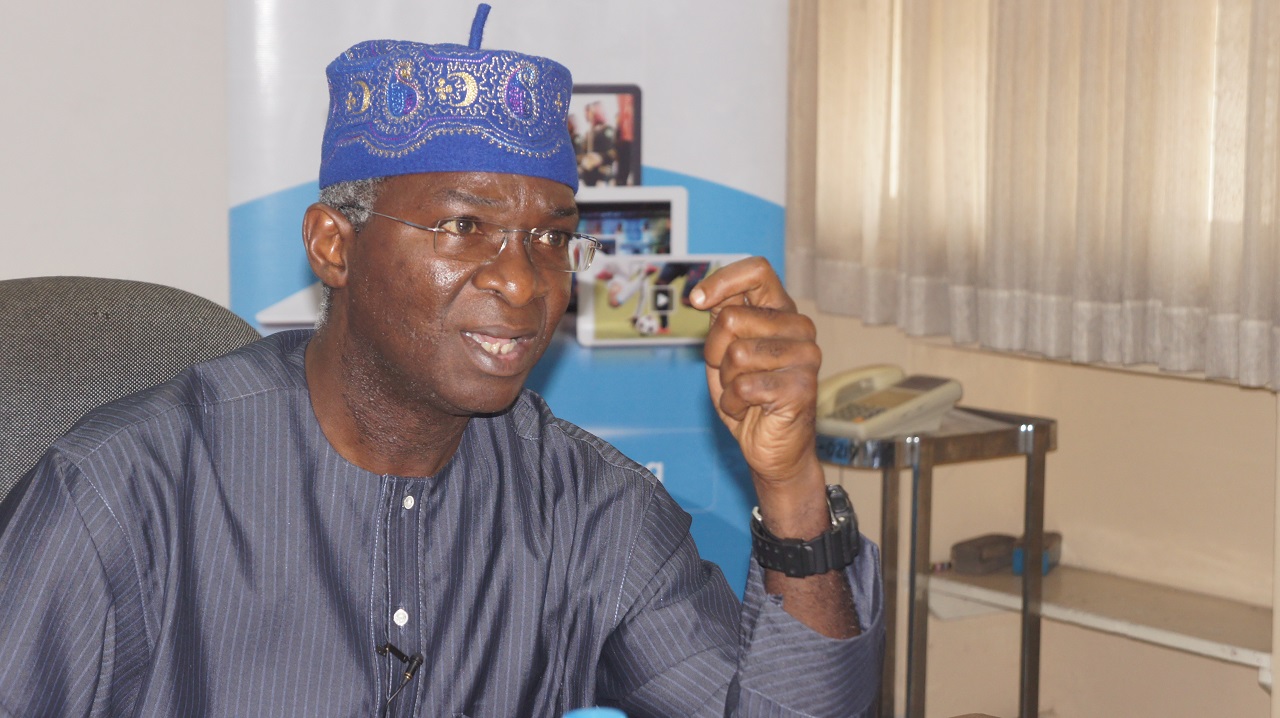Anxiety is brewing as some naturally rich states including Lagos and key oil producing states are named in the rank of states with domestic and foreign debt stock.
Details gathered from the Debt Management Office (DMO), indicates that Lagos and some oil-bearing states such as Rivers, Bayelsa, Delta, Akwa Ibom, and the Federal Capital Territory [FCT] are the heavy debtors in the domestic debt components. Their debt stocks are: Lagos (N311.755 billion); Delta, N242.231 billion; Akwa Ibom, 155.431 billion , Bayelsa, N140.177 billion and FCT, N152.804 billion.
The least owing states in the local debt component are Anambra with N3.993 billion; Jigawa – N19.005 billion and Yobe -N13.581 billion.
The details further disclosed that that five states: Jigawa, Ogun, Akwa Ibom, Katsina and Rivers are equally non-compliant in their debt data reporting to the DMO as they were not up to date as at December 31, 2016
Debt management experts who reviewed the scenario said, the natural financial security of the highly indebted states may have tricked them into the trap of the indebtedness.
Additional facts from the DMO indicated that from a domestic debt stock of N1.537 trillion by the end of December 2013, the figure has more than doubled, just three years later, to a new height of N2.958 trillion as at the end of December 2016.
In an interview, the new DMO boss, Mrs. Patience Oniha warned states to desisit from frivolous borrowing sprees, saying “Previously, we could rely on funds from FAAC, and in addition to that, we could borrow both at the federal and at the state levels because there was no challenge. But I think the times have changed. Revenues are under severe pressures, we are still dependent on oil, non-oil revenues are picking up, but that is still a journey”.
“So it means now, and in future, we need to do things so much differently. We must be more strategic in the management of public finance so the language I always use in my previous work where I was at the Efficiency Unit is that it’s no longer business as usual. We can’t collect money from FAAC, borrow, continue and wait until the next month. So at various levels, we need to be more strategic and more creative in the things that we do.”
She decried that oil mineral resources have continued to be the dominant contributor to the Federation Account. She advised that states need to deploy new strategic thinking on how to address the financing of their already bloated debt stocks as well as how to generate funds to execute their plans aside from borrowings.
Oniha said while the Federal Government had initiated several measures to increase non-oil revenue, control cost, states like Edo had embarked on a number of initiatives that are commendable.









